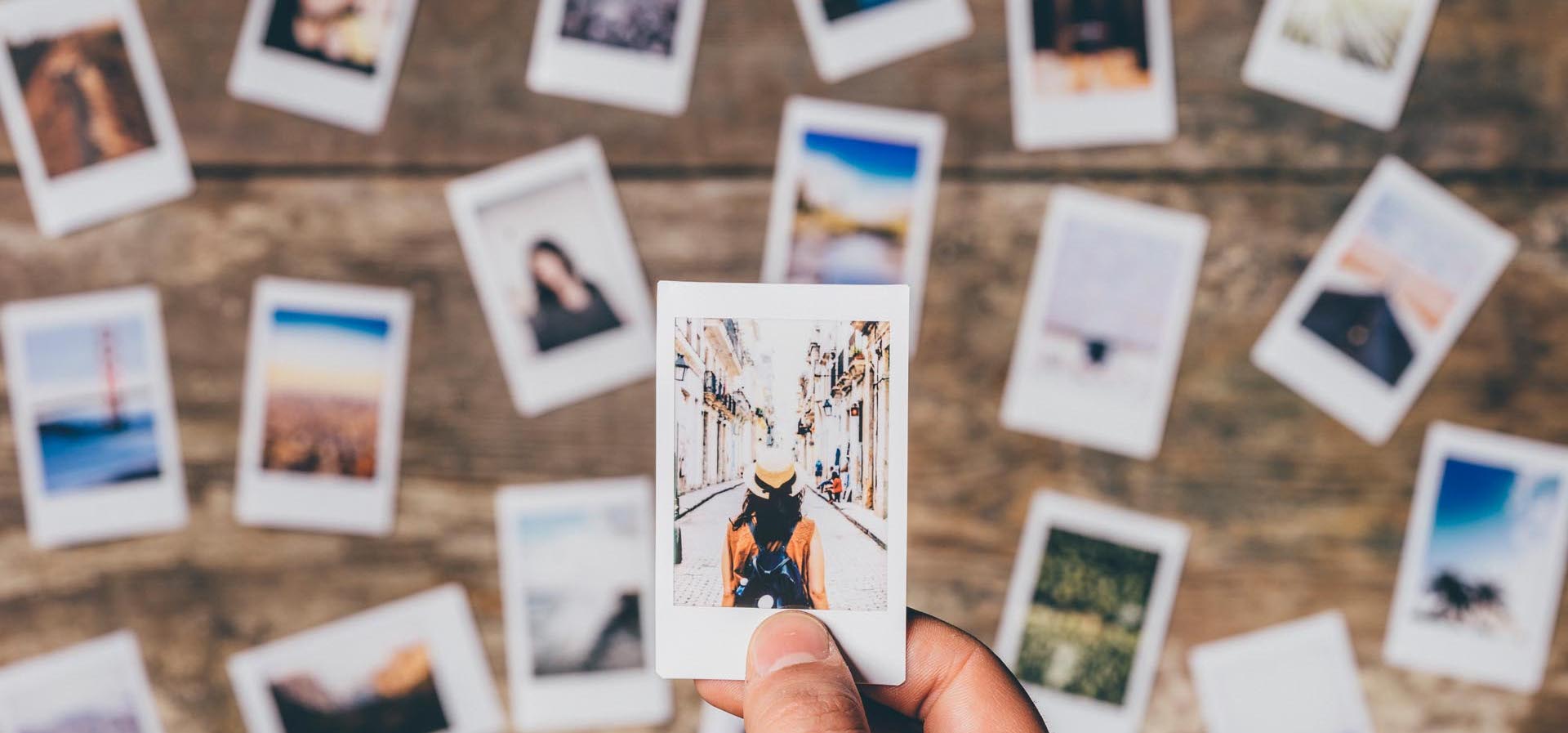
Returning Home
Adjusting back to the U.S. and Seton Hall after your time abroad is its own adventure. Reflecting on your travels may involve reverse culture shock and wondering about next steps. Incorporate your experience into campus activities and career development to ease your transition and keep your memories fresh.
Share Your Experience
Have you had a life-changing experience abroad? Inspire the next generation of Seton Hall students by sharing your stories and photos from your study abroad journey.
Looking Back with #HallAbroad
Share your photos and memories from abroad by tagging them with #HallAbroad on Instagram
or submitting them through our Hall Abroad Submission Portal. The Office of International
Programs (OIP) will use your photos to inspire prospective students during information
sessions and displays at the International Center.
Hall Abroad Ambassadors
Reflect on your experiences and inspire others by becoming a Hall Abroad Ambassador.
As an ambassador, you'll share your travels with prospective study abroad students
and the Seton Hall community.
Qualifications
• Current undergraduate student at Seton Hall University
• Participant in a Seton Hall study abroad program
• Responsible and mature in representing the OIP and Seton Hall University
Responsibilities
• Engage with students at info sessions, campus events, and class visits
• Create awareness about study abroad opportunities
• Attend at least three study abroad events or info sessions each semester
Benefits
• Develop public speaking and professional skills
• Network with fellow students, faculty, university leadership, and alumni
• Receive a Letter of Recommendation from the OIP after attending three events per semester
for two semesters
• Invitation to the annual Hall Abroad Ambassadors Spring Gala
Join us in inspiring your fellow students to embark on their own study abroad adventures!
Study Abroad and Your Career
Your study abroad journey has equipped you with valuable memories and a diverse set of skills. Seton Hall’s Career Center advisors can help you identify and market the academic and interpersonal development you achieved. Reach out to the Career Center to get started.
Incorporating Study Abroad into Your Resume & Cover Letter
Highlighting your study abroad experience can distinguish you as a candidate adept
at adapting to challenges and communicating with diverse individuals. Include skills
gained inside and outside the classroom, such as language proficiency and intercultural
communication. Apply your experiences to various resume sections:
• Skills: Include proficiencies gained both inside and outside the classroom, such as language
skills or intercultural communication
• Experience: Include proficiencies gained both inside and outside the classroom, such as language
skills or intercultural communication.
• Education: Include proficiencies gained both inside and outside the classroom, such as language
skills or intercultural communication.
Study Abroad & Your Job Interview
Employers may inquire about the transferable skills highlighted in your resume or
cover letter during your interview. Prepare to discuss specific examples from your
time abroad, such as:
• How did your communication style evolve?
• How did you adapt to the local culture and social interactions?
• How did you adapt to the local culture and social interactions?
Leverage your study abroad experience to showcase your adaptability and global perspective.
Reverse Culture Shock
Returning home after making a new place for yourself abroad can be both jarring and relieving. You may experience reverse culture shock, feeling out of place in your home country. Your perspective towards your home and its customs might differ from the local culture of your host country.
Stages of Reverse Culture Shock:
• Disengagement: Feeling distracted by thoughts of returning home while wrapping up your time abroad
• Euphoria: Excitement about reuniting with your support network and returning to familiar comforts.
This varies depending on individual experiences abroad
• Dampened Euphoria: Frustration and disappointment upon returning home, especially if others show little
interest in your experiences
• Readjustment: Gradually settling back into your home environment, gaining clarity on your abroad
experiences, and applying the knowledge you acquired
Common Challenges:
• Difficulty finding people interested in your travels
• Struggling to explain your experiences
• Fear of losing the knowledge and insights gained abroad
• Challenges reconnecting with family and friends due to changes in behavior and perspectives
Managing Reverse Culture Shock:
• Incorporate Abroad Habits: Maintain routines from your host culture
• Share Your Experiences: Introduce friends and family to your host culture through photos or meals
• Stay Connected: Keep in touch with your study abroad friends and look for alumni opportunities to
share your experiences
While the transition back to your home community and Seton Hall can be challenging,
various on-campus opportunities can help you reacclimate while preserving the memories
you made abroad.
Go Abroad Again
Volunteer Abroad
Seton Hall promotes dignity and faith through service. The Division of Volunteer Efforts
(DOVE) encourages service beyond South Orange through the Releasing the DOVEs Program. Click here for more information about DOVE and their international projects.
Intern Abroad and International Study Projects
Enhance your intercultural communication and international experience with an internship
abroad. Consult your faculty advisor about for-credit internships or international
study projects in your major.
Study Abroad Again
Eager for more? Participate in another study abroad program through Spring Embedded, Summer Abroad, or Semester Programs.


